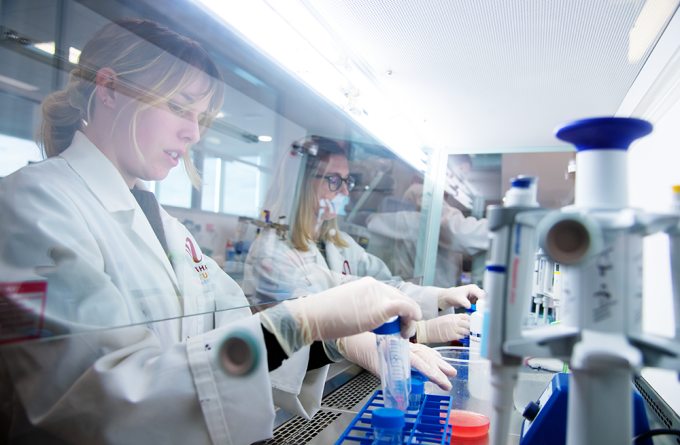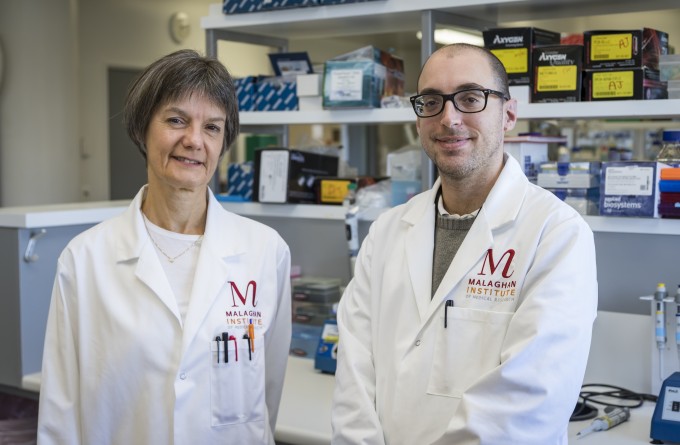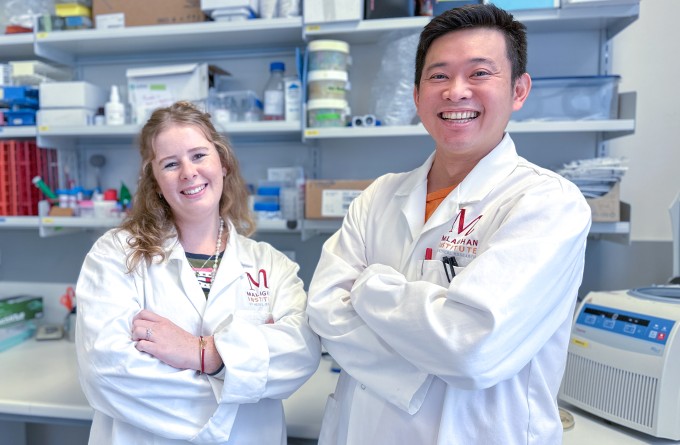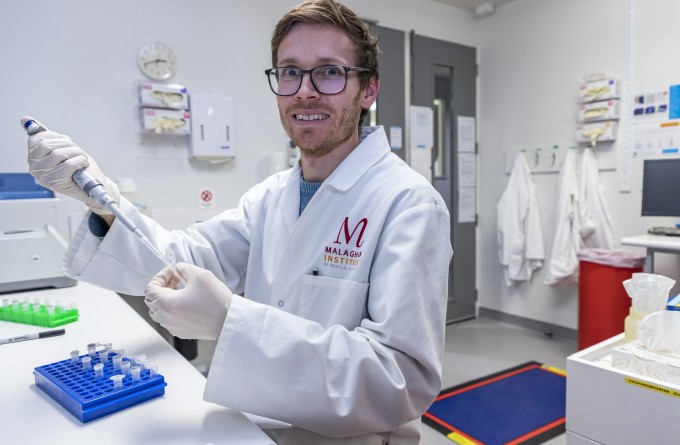11 May 2022
Professor Franca Ronchese discusses the latest in allergy research with Allergy Today.


How did you become focussed on scientific research? Have you had personal experience of allergies outside of your role with the Malaghan Institute?
It wasn’t personal, although there were mild allergies in the family, but as an immunologist I have been very surprised by the increase in allergies over the past 50 years or so. How can this be? We still don’t have good explanations for it and yet the allergy epidemic is so real and affects so many lives.
Are there current allergy research projects in progress at the Malaghan Institute and are you able to share what areas of allergies they are exploring and what they aim to discover?
There are several groups at the Malaghan Institute working on allergies and all on fundamental aspects of the allergic processes, rather than a specific allergen or disease.
Our projects include trying to understand how allergies develop and what happens during the first day or two after the very first exposure to an allergen/s. We hope that understanding this process will help us understand why allergies are becoming so common.
Other groups focus on allergen-reactive immune cells and how the balance of these populations may make allergic disease more or less severe.
Finally, another group is studying how innate-like cells (which means that they are not reacting specifically to allergen) at body surfaces (such as the skin) exacerbate allergic inflammation when exposed to microbes from the environment, but can be switched off by phototherapy to reduce disease.
How does the Malaghan Institute select their areas of allergy research? Is your research selection driven by the unexplained responses of our immune system or by external environmental factors?
A bit of both. The expertise and interests of the scientist are important. We choose to work on topics where we can fill an important gap. Most of our work has been funded by the Health Research Council of New Zealand, therefore must be competitive and make a unique contribution to international research efforts, as well as help towards the understanding, prevention and/or cure of disease.
Are you able to partner and share in allergy research projects with other research institutes globally?
Yes, collaboration is essential to the scientific progress, and as you can see from the publications of Malaghan Scientist, our work is supported by scientists from different parts of the world who provide reagents or their expertise. They’re also a source of good science gossip!
Are your projects restricted to lab-based research or do they sometimes progress to population-based trials? If so, is there an opportunity for the New Zealand allergy community to become involved or assist?
Yes, it is important to make sure that what happens in the lab also happens in real people. These are mostly small studies that involve collecting samples, or assessing the impact of experimental treatments on small groups of patients.
With your research pointing to the skin as ‘ground zero’ for allergic disease, is there further research underway to follow up on this which could lead to being able to prevent allergies from developing?
Yes! As a minimum we would like to understand what happens in skin and what makes it special from the point of view of allergic disease. We want to also understand the environmental changes that are thought to cause increased allergies in early years, so we can potentially reverse them and prevent disease. It is still early days though.
Malaghan Institute has been at the forefront of research into a vaccine for COVID-19 in New Zealand. Is there anything in this work that might also help with research on prevention or treatment of allergies overall?
Viral infections are an important trigger of asthma exacerbations, or “asthma attacks” therefore any research to protect from viral disease will benefit those suffering from airway allergies. Secondly, there is still a lot we don’t know about the immune system and how its components work together. New information on how the immune system responds to vaccines may help us better understand allergies.
From your data on allergic diseases in New Zealand, is there evidence of increasing prevalence, or data indicating population-based, or environmental risk factors, such as ethnicity, migration etc?
Anyone can be affected by allergies but we also know that allergies are more common and more severe in underserved communities, and this is true both in New Zealand and internationally. Things like quality of housing make a large difference in the rates of childhood allergies and autoimmune conditions. Studies have also shown that migrant populations quickly acquire allergy rates of the host country.
More needs to be done to remedy this, of which research plays a big part in understanding how to address these inequalities – such as how the immune system is affected by different environments – so we can find solutions that are accessible to everyone.
Related articles

Cancer, measles and allergic disease research funded in latest HRC grants round
19 August 2025

Tracking allergies to their source: new research offers insight into mechanisms priming the allergic response
2 July 2025

Research sheds new light on the allergic response – and how to disrupt it
5 June 2025

Fighting allergic skin disease at its root
17 December 2024

RNZ Our Changing World: Targeting bacteria, and health inequities
4 July 2024

New research deepening understanding of elusive eosinophils
27 June 2024
